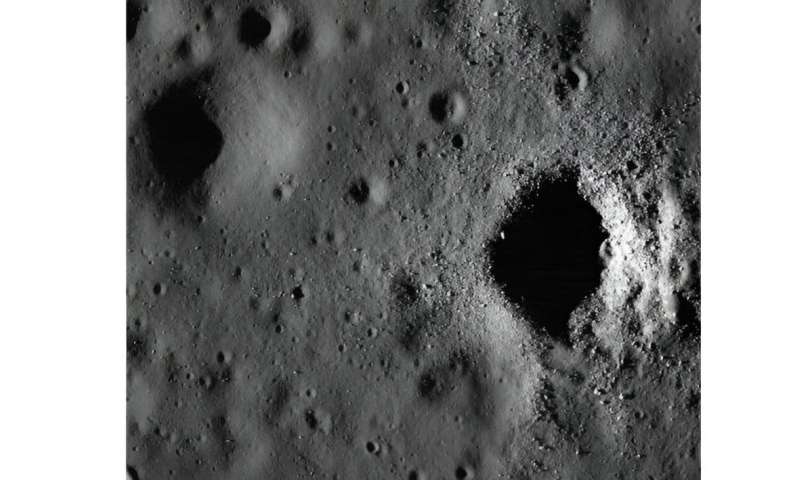Best of Last Week—new clues about moon's history, AI hardware improvements, COVID death toll reanalyzed

It was a good week for space science as a multi-institutional team of astronomers and astrophysicists found telescopic evidence that the black hole at the center of the Milky Way is spinning itself (and warping spacetime) into the shape of an American football. Also, a small international team of astronomers reports that one of Saturn's smallest moons, Mimas, has a young ocean beneath its icy shell. And a team of geographers at the Chinese Academy of Sciences report that analyses of minerals in lunar samples returned by China's Chang'e-5 lunar mission provide clues about the moon's history.
In technology news, a team of chemical engineers at the Ulsan National Institute of Science and Technology developed a scalable photoelectrochemical system for the production of green hydrogen. And an international team of computer scientists built an on-chip phonon-magnon reservoir for neuromorphic computing, a development that could lead to more compact and efficient AI hardware. Also, a multi-institutional engineering collaboration showed that inexpensive, carbon-neutral biofuels are truly possible. And a team of roboticists at Qingdao University of Technology found that a deep reinforcement learning approach could be used to enhance autonomous robotic grasping and assembly.
In other news, a team of bioengineers and mental health specialists affiliated with multiple institutions in the U.S. found a link between body temperature and depression—people with higher body temperatures were found to be more prone to depression. Also, a trio of ecologists reports the first observation of an act of altruism by a bull elephant seal. A male bull elephant seal helped to save a drowning pup, an action requiring a high expenditure of energy. And finally, a study analyzing reports of deaths in the U.S. during the pandemic found that many of them were likely attributable to COVID-19.
© 2024 Science X Network